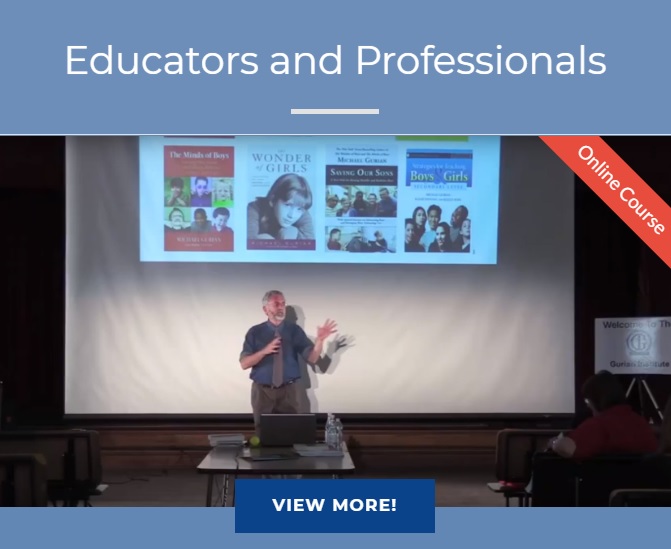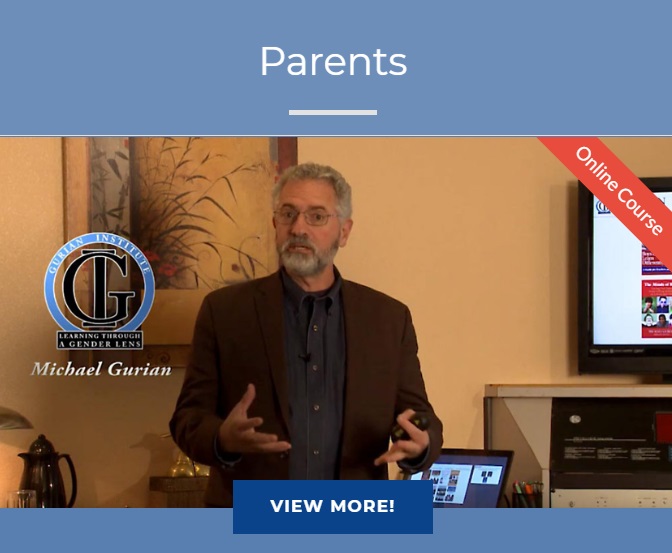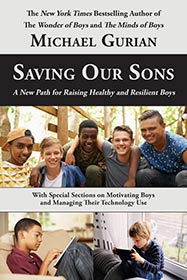If you’re one of the hundreds of millions of people around the world living with a disability like mental illness, finding relief can be crucial. Your work or your career might sometimes amplify symptoms like stress, sleeplessness, or a lack of focus. You may have found some relief when working from home, but finding tools to reduce stress and encourage relaxation can be very useful, alleviating tension and improving day-to-day effectiveness.
Luckily, there is a wide collection of apps to help people living with mental illness to thrive in their personal and professional lives. The Gurian Institute hopes the following will help. We thank Lacie Martin, of Raise Them Well, for this week’s guest blog.
Headspace
For many who suffer from mental illness, sleep and relaxation can be a big barrier to leading a satisfying life. Research indicates there is a strong connection between inadequate sleep and reduced mental health. What’s more, sleep deprivation can make it difficult to focus at work, and make you more prone to errors and misjudgments.
When you are out in the workforce, or on the hunt for a job, getting a good night’s sleep is critical so you can always be your best. Headspace can assist with gentle guided meditations and mindfulness techniques that are beneficial with a commitment of only a few minutes a day. The basic course is offered for free. They also offer books on subjects like meditation and mindful eating, so you can supplement the app with a deeper dive if you desire.
PTSD Coach
PTSD is often associated with those who have served in the military, but the concern can affect people of all ages and backgrounds. PTSD Coach is designed specifically to help manage symptoms that can occur following traumatic events, and this free app can be useful for anyone suffering from posttraumatic stress disorder. Offering education and tools for self-help that can be used in tandem with professional treatment or on your own, the app can support your healing and daily life, including your work and career.
Anti Stress Ball: DIY Slime
Stress is an unavoidable part of our modern world, but those living with mental illness like severe anxiety might feel its effects more intensely. Whether you’re on the job or facing an uncomfortable situation in your personal life, Anti Stress Ball is a lighthearted game that can take the edge off by introducing an element of playful fun to your day. Poke, push, and manipulate the ball and other textures with your fingers for a satisfying interactive experience. You can use this app discreetly anytime you have a moment to yourself.
Helpful Hardware
Apps can take up a lot of memory on your devices, which can be problematic if you’re using an older smartphone or using a slow internet connection. Keeping your device updated can go a long way toward your ability to use these apps in a timely manner. What’s more, you can avoid frustration and keep in better touch with personal and professional contacts with the right tech. Keep lines of communication open and your support system at your fingertips with a phone or tablet you can always rely upon.
Beyond the device you’re using, if you’re looking for work, don’t underestimate the benefits of working with an online staffing agency. This is particularly helpful if you’re trying to break into a new industry or if you’re looking for work that expands on your existing skills. Plus, the right remote agency will match your qualifications and strengths with an employer’s unique needs, so both parties can bloom.
There are times when life seems to get the best of us, and mental illness can threaten to take us down. But your efforts toward wellness, coupled with the help of modern technology, will give you a head start in the game. Living with a disability brings challenges, but with the right apps at your fingertips, you can ease symptoms and enjoy a better quality of life.
Author of this article, Lacie Martin, created Raise Them Well to help inspire parents to raise their children well by prioritizing love over everything else. She firmly believes that all moms and dads raising kids who know they are loved and cared for are successful parents.











Thank you for sharing these resources.
As someone who has mental health diagnoses, I’d like to encourage you to stop using the words “suffer” and”suffering”. Those words are part of the stigma around seeking help for one’s mental health. I don’t “SUFFER with major depressive disorder;” I HAVE major depressive disorder. To say that I suffer suggests that I lead a miserable, painful life, which couldn’t be farther from the truth. Just as with other serious health issues, the diagnosis doesn’t define the person or their quality of life.